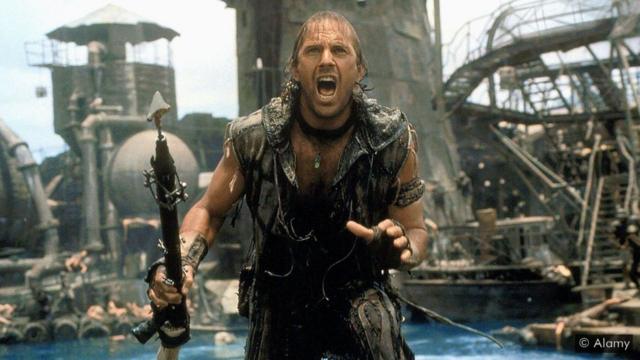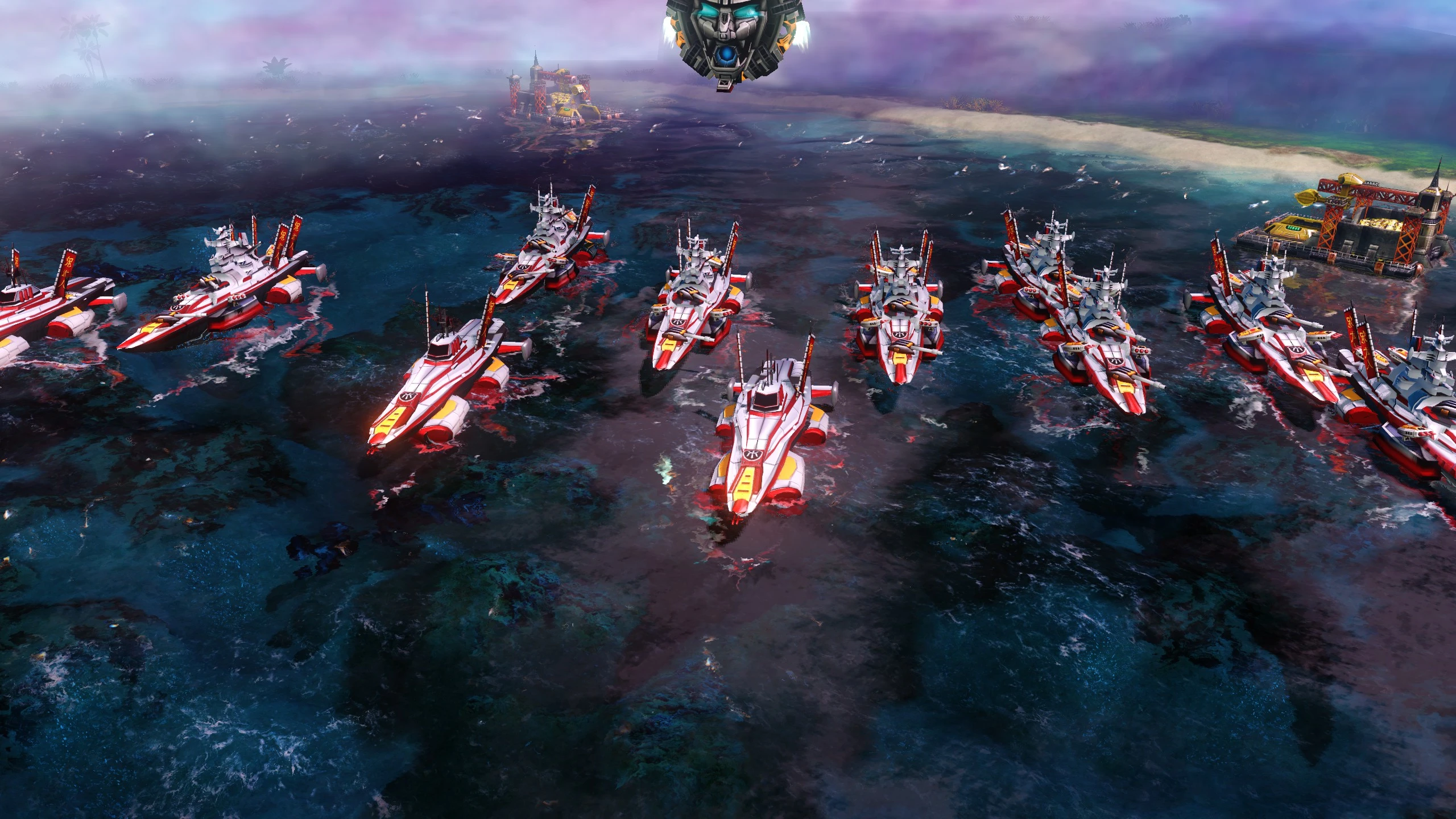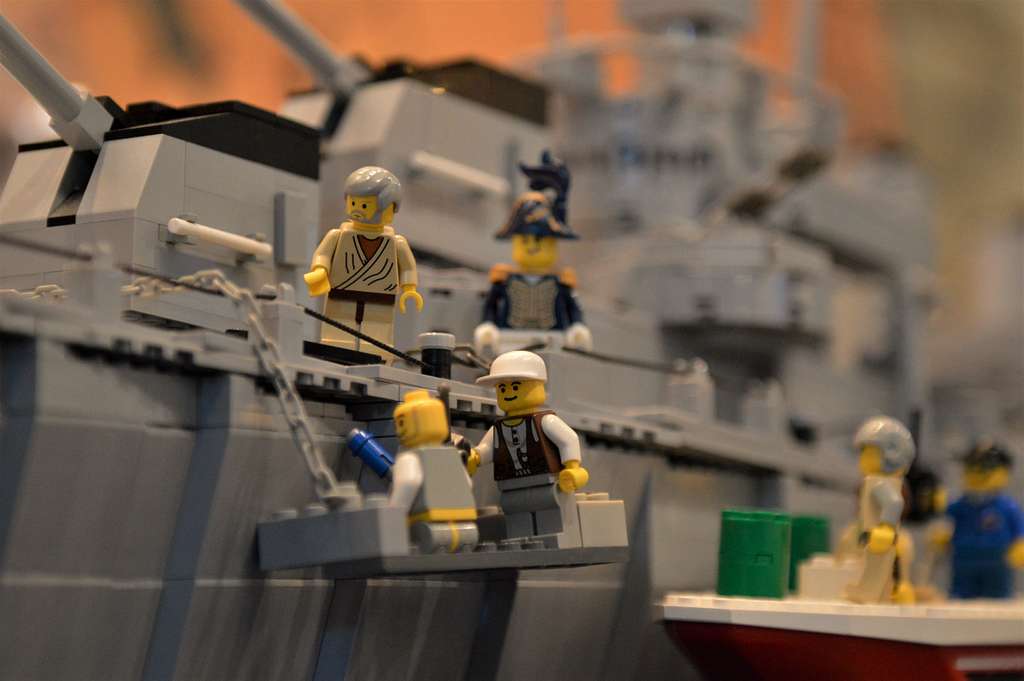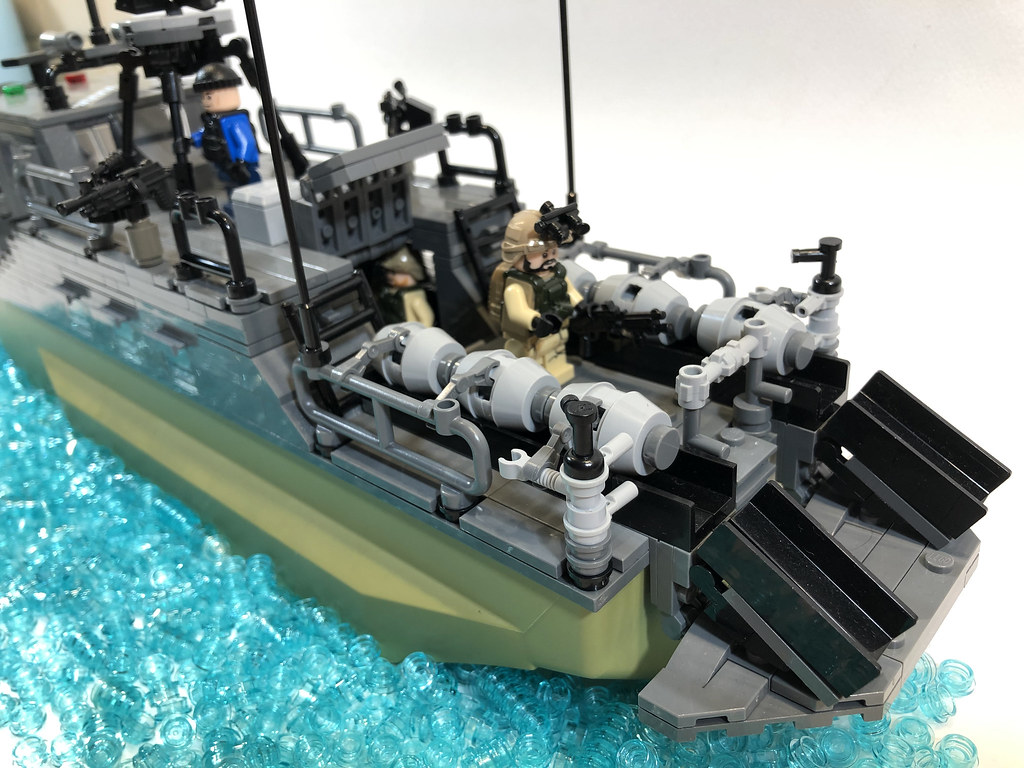- Joined
- Jan 17, 2010
- Messages
- 5,376
- Reaction score
- 6,596
Russia unveiled a bill on Tuesday that would redefine its maritime borders in the Baltic Sea, causing an outcry among Baltic and other northern European countries and fueling geopolitical tensions.

By:Sébastian SEIBT
According to a draft Russian defence ministry resolution published on Tuesday, Moscow plans to extend its territorial waters by changing its maritime borders with Finland and Lithuania in the Baltic Sea from January 2025. The redefined coordinates would see Moscow declaring Finnish and Lithuanian areas of the sea as Russian.
“This is an obvious escalation of tensions against NATO and the European Union that requires an appropriate firm response,” wrote Lithuania's foreign minister, Gabrielius Landsbergis, on X.
“Russia cannot unilaterally change its borders in this way,” Swedish Prime Minister Ulf Kristersson told the TT news agency this week. Estonia and Finland echoed these sentiments.
Russia’s motives for the move remain unclear. The text of the bill was posted on the official website of the Registry of Laws on May 21 and subsequently removed.

But Moscow denies that it had a change of heart. Russian Foreign Ministry spokeswoman Maria Zakharova said Thursday that Russia’s defence ministry is simply working to “clarify” the border.
“A similar text relating to the Arctic Sea had also been put aside for years by Russia, before suddenly reappearing before the Duma in 2021,” points out Pierre Thévenin, a specialist in maritime law and the Arctic and Baltic regions at the University of Tartu in Estonia.
“In the absence of the text, it is difficult to know Russia's intentions but the legal context in this maritime region with regard to Russian regulations dates back to 1985,” points out Lauri Mälksoo, a specialist in the history of Soviet and international law at the same university.
Russia may be intending to clarify the legacy left by the Soviet Union. After the breakup of the USSR, maritime borders in the Baltic Sea became somewhat blurred. The maritime boundary between Russia and Estonia, for example, remains unresolved. “There was a treaty between the two countries in 2014 but it still hasn't been ratified by Russia,” notes Mälksoo.

But Moscow seems intent on redrawing part of what is known as the baseline, the contours of a nation’s coastline, used to calculate how far its territorial waters extend. “The baseline is the legal expression of the coastline and represents the end of a state's land,” explains Thévenin.
Most of the time the baseline is easy enough to trace by following the coastline on foot: the low-water line – the land contour at low tide – defines the baseline of a coastal state.
But the devil is in the details. Article 7 of the 1982 United Nations Convention on the Law of the Sea says that when the coast is “jagged and indented, or if there is a string of islands along the coast”, a state can create a straight baseline “connecting appropriate points”.
“It is these words that are interpreted differently by Russia and Western countries,” says Thévenin.
In the Arctic region, a diplomatic battle rages around Russia's baseline, which may or may not allow it to control the channels between islands. What is at stake in this battle over maritime borders – in the Arctic and perhaps soon in the Baltic Sea – is who controls these waters.
So it is not just a question of extending Russia's maritime borders at the expense of Lithuania or Finland. Moscow could, for example, incorporate certain Russian islands in the Gulf of Finland such as Hogland, 180km west of St. Petersburg, within its internal waters. The waters between the Russian coast and these islands would then legally form part of Russian territory and be considered internal waters.

Aquaman: A bigger Ocean, doesnt means a bigger dong little Vlad!
And a country can impose special controls on such internal waters, Mälksoo explains, notably restricting access for boats that do not have authorisation.
“Whatever a country decides, any maritime claims, and any limits a state wants to impose on its internal waters must be in line with the 1982 United Nations Convention on the Law of the Sea," he says.
A previous incident involving Russia came after its 2014 annexation of Crimea. Moscow wanted the Kerch Strait, previously shared with Ukraine, to be considered internal Russian waters, allowing it to stop any ship traveling there without its authorisation. This led to a sharp rise in tensions with Ukraine following the seizure of Ukrainian vessels in this area in 2018.

Topper is reading the classic: How to kick Putin ass. And not be a bitch like Trump!
She says it's no coincidence that the Russian bill was put forward after Finland's decision on Tuesday to propose a law tightening controls along the border with Russia, which has been closed since last year. The Russian initiative is payback, in part.

And there are other issues at play. “It also comes at a time when Russia is seeking to exert greater control over the airspace above Kaliningrad,” says Kullaa. Moscow has been accused of jamming GPS signals over this Russian enclave between Poland and Lithuania.
For Basil Germond, a specialist in maritime security issues at Lancaster University in the UK, Russia's aim in introducing and withdrawing this bill is to intensify “political pressure in the region, to gauge NATO's response”.
It may also be linked to President Vladimir Putin's fixation with the history of the USSR.
“It's not surprising that the Russian government wants to go back on the maritime limits negotiated in 1985, during the détente period,” notes Jeff Hawn, Russia specialist at the London School of Economics.
“Putin believes that Russia was tricked by the West at that time. So for him, this is also a way of saying that he wants to correct those mistakes.”
https://www.france24.com/en/europe/...-maritime-borders-angering-baltic-sea-nations

By:Sébastian SEIBT
According to a draft Russian defence ministry resolution published on Tuesday, Moscow plans to extend its territorial waters by changing its maritime borders with Finland and Lithuania in the Baltic Sea from January 2025. The redefined coordinates would see Moscow declaring Finnish and Lithuanian areas of the sea as Russian.
“This is an obvious escalation of tensions against NATO and the European Union that requires an appropriate firm response,” wrote Lithuania's foreign minister, Gabrielius Landsbergis, on X.
“Russia cannot unilaterally change its borders in this way,” Swedish Prime Minister Ulf Kristersson told the TT news agency this week. Estonia and Finland echoed these sentiments.
Russia’s motives for the move remain unclear. The text of the bill was posted on the official website of the Registry of Laws on May 21 and subsequently removed.
Tactical retreat?

But Moscow denies that it had a change of heart. Russian Foreign Ministry spokeswoman Maria Zakharova said Thursday that Russia’s defence ministry is simply working to “clarify” the border.
“A similar text relating to the Arctic Sea had also been put aside for years by Russia, before suddenly reappearing before the Duma in 2021,” points out Pierre Thévenin, a specialist in maritime law and the Arctic and Baltic regions at the University of Tartu in Estonia.
“In the absence of the text, it is difficult to know Russia's intentions but the legal context in this maritime region with regard to Russian regulations dates back to 1985,” points out Lauri Mälksoo, a specialist in the history of Soviet and international law at the same university.
Russia may be intending to clarify the legacy left by the Soviet Union. After the breakup of the USSR, maritime borders in the Baltic Sea became somewhat blurred. The maritime boundary between Russia and Estonia, for example, remains unresolved. “There was a treaty between the two countries in 2014 but it still hasn't been ratified by Russia,” notes Mälksoo.
It starts with the baseline
The Baltic Sea region does, indeed, have grey areas in need of clarification, and Moscow may be looking to capitalise on this with its controversial bill. Russian authorities say their intention is simply to update maritime borders that are currently based on geographical data that are too old to be reliable.
But Moscow seems intent on redrawing part of what is known as the baseline, the contours of a nation’s coastline, used to calculate how far its territorial waters extend. “The baseline is the legal expression of the coastline and represents the end of a state's land,” explains Thévenin.
Most of the time the baseline is easy enough to trace by following the coastline on foot: the low-water line – the land contour at low tide – defines the baseline of a coastal state.
But the devil is in the details. Article 7 of the 1982 United Nations Convention on the Law of the Sea says that when the coast is “jagged and indented, or if there is a string of islands along the coast”, a state can create a straight baseline “connecting appropriate points”.
“It is these words that are interpreted differently by Russia and Western countries,” says Thévenin.
In the Arctic region, a diplomatic battle rages around Russia's baseline, which may or may not allow it to control the channels between islands. What is at stake in this battle over maritime borders – in the Arctic and perhaps soon in the Baltic Sea – is who controls these waters.
So it is not just a question of extending Russia's maritime borders at the expense of Lithuania or Finland. Moscow could, for example, incorporate certain Russian islands in the Gulf of Finland such as Hogland, 180km west of St. Petersburg, within its internal waters. The waters between the Russian coast and these islands would then legally form part of Russian territory and be considered internal waters.

Aquaman: A bigger Ocean, doesnt means a bigger dong little Vlad!
And a country can impose special controls on such internal waters, Mälksoo explains, notably restricting access for boats that do not have authorisation.
“Whatever a country decides, any maritime claims, and any limits a state wants to impose on its internal waters must be in line with the 1982 United Nations Convention on the Law of the Sea," he says.
A previous incident involving Russia came after its 2014 annexation of Crimea. Moscow wanted the Kerch Strait, previously shared with Ukraine, to be considered internal Russian waters, allowing it to stop any ship traveling there without its authorisation. This led to a sharp rise in tensions with Ukraine following the seizure of Ukrainian vessels in this area in 2018.

Topper is reading the classic: How to kick Putin ass. And not be a bitch like Trump!
Legal and geopolitical interest
Russia has more than a purely legal interest in clarifying the baselines of the Baltic Sea. “It's just one in a series of incidents marking a serious escalation of tensions in the region,” notes Rinna Kullaa, a specialist in Russian foreign policy issues at the University of Tampere in Finland.She says it's no coincidence that the Russian bill was put forward after Finland's decision on Tuesday to propose a law tightening controls along the border with Russia, which has been closed since last year. The Russian initiative is payback, in part.
And there are other issues at play. “It also comes at a time when Russia is seeking to exert greater control over the airspace above Kaliningrad,” says Kullaa. Moscow has been accused of jamming GPS signals over this Russian enclave between Poland and Lithuania.
For Basil Germond, a specialist in maritime security issues at Lancaster University in the UK, Russia's aim in introducing and withdrawing this bill is to intensify “political pressure in the region, to gauge NATO's response”.
It may also be linked to President Vladimir Putin's fixation with the history of the USSR.
“It's not surprising that the Russian government wants to go back on the maritime limits negotiated in 1985, during the détente period,” notes Jeff Hawn, Russia specialist at the London School of Economics.
“Putin believes that Russia was tricked by the West at that time. So for him, this is also a way of saying that he wants to correct those mistakes.”
https://www.france24.com/en/europe/...-maritime-borders-angering-baltic-sea-nations










